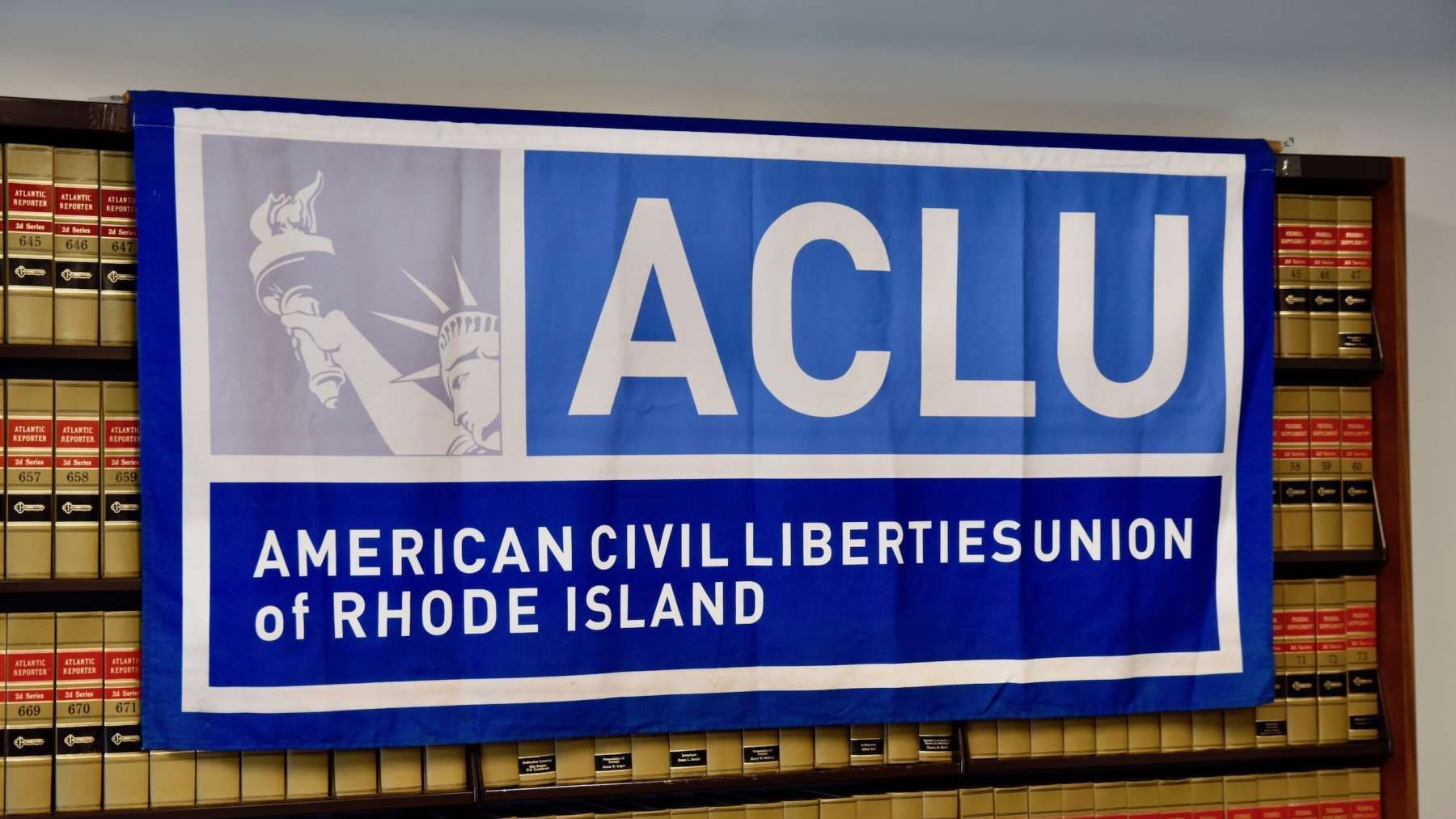ACLU files lawsuit over candidate ballot signature requirements during COVID-19
“This case is about two things I care deeply about: public health and the health of our democracy,” said State Senator Gayle Goldin. “My constituents are my neighbors and my friends. I do not want to put their health at risk unnecessarily when there is a simple solution: allow people to use electronic signatures and lower the number of signatures
June 16, 2020, 3:22 pm
By ACLU of Rhode Island
“This case is about two things I care deeply about: public health and the health of our democracy,” said State Senator Gayle Goldin. “My constituents are my neighbors and my friends. I do not want to put their health at risk unnecessarily when there is a simple solution: allow people to use electronic signatures and lower the number of signatures required to get on the ballot. This has been an extraordinarily stressful time for the past few months. Let’s make sure everyone has a safe, risk free way of participating in our democracy.”
ACLU of Rhode Island cooperating attorney Armando Batastini today filed suit in federal court challenging Rhode Island’s ballot qualification process as a result of the COVID-19 pandemic. Noting that the current process “requires in-person solicitation and receipt of signatures, an in-person witness, and use of a common petition form for each twenty (20) signatures,” the lawsuit argues that the process “needlessly exposes candidates, their supporters, and the general public to risks associated with the COVID-19 pandemic with no justifiable countervailing government interest.”
The suit asks that this process be temporarily suspended for the upcoming signature gathering period in early July, and replaced with alternative methods, such as electronic signatures, which have been used elsewhere. Included with the suit were affidavits from former Rhode Island Department of Health Director Michael Fine, and Dr K Nicholas Tsiongas, a former president of the Rhode Island Medical Society and state legislator, both of whom state that “[t]he current ‘in person’ signature solicitation and collection process as part of the candidate nomination process carries with it a high risk to the general public’s health,” that can be mitigated via remote and electronic signature collection.
The lawsuit was brought on behalf of six candidates for legislative office, at least five of whom the suit alleges have health conditions or are situated so that signature gathering is highly inadvisable:
- Jonathon Acosta’s district includes Central Falls, the hardest hit community for Covid-19 in Rhode Island;
- Jeanine Calkin, who previously served in the Senate for one term, suffers from a respiratory ailment that requires that she generally avoid all contact with persons outside of her home during the pandemic;
- Leonardo Cioe, Jr is a registered nurse currently treating coronavirus patients at Fatima Hospital, and so minimizes contact with persons outside of his workplace;
- Gayle Goldin, a current state Senator, is asthmatic, and so must generally limit her exposure to persons outside of her home during the pandemic;
- Jennifer Rourke is a mother of four children, one of whom has a medical condition that makes him acutely at risk if exposed to COVID-19, and so has not interacted with any person outside of her home since mid-March; and
- Providence Senatorial candidate Tiara Mack is also a named plaintiff.
Last week, a House committee approved legislation cutting in half the number of signatures required to qualify to run for federal office, but otherwise left the law untouched. Although Senate candidates must obtain 100 valid signatures, the lawsuit notes that obtaining that number of signatures requires many more personal contacts in order to reach that goal.
The suit seeks a court order declaring that the candidate nomination statute violates the First Amendment as specifically applied “to the current COVID-19 pandemic and the 2020 election, insofar as that statute creates an unreasonable burden on qualification for candidates to appear on the ballot that fails to track a legitimate government interest, particularly where there are less onerous and much safer options available.”
“This case is about two things I care deeply about: public health and the health of our democracy. My constituents are my neighbors and my friends,” said State Senator Gayle Goldin. “I do not want to put their health at risk unnecessarily when there is a simple solution: allow people to use electronic signatures and lower the number of signatures required to get on the ballot. This has been an extraordinarily stressful time for the past few months. Let’s make sure everyone has a safe, risk free way of participating in our democracy.”
ACLU of Rhode Island executive director Steven Brown added: “The current signature collection standards in state law might not seem that onerous in normal times. But these are not normal times. Even collecting a seemingly small number of required signatures imposes a huge burden in terms of undermining social distancing best practices, and presents a real danger to at-risk individuals. Candidates should not face the impossible choice of risking infection to themselves, their families, or others to in order to appear on the ballot, nor should their supporters.”






